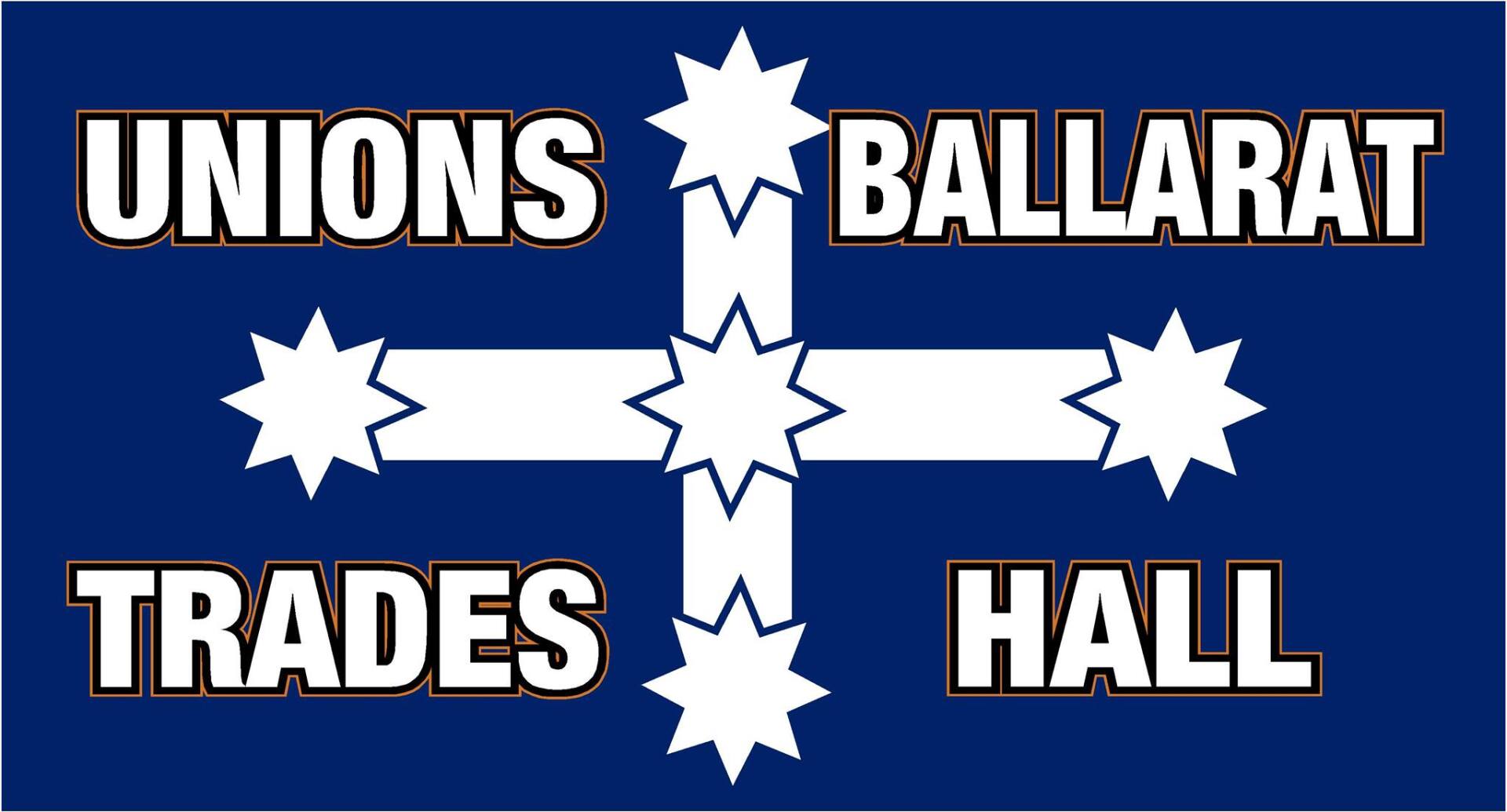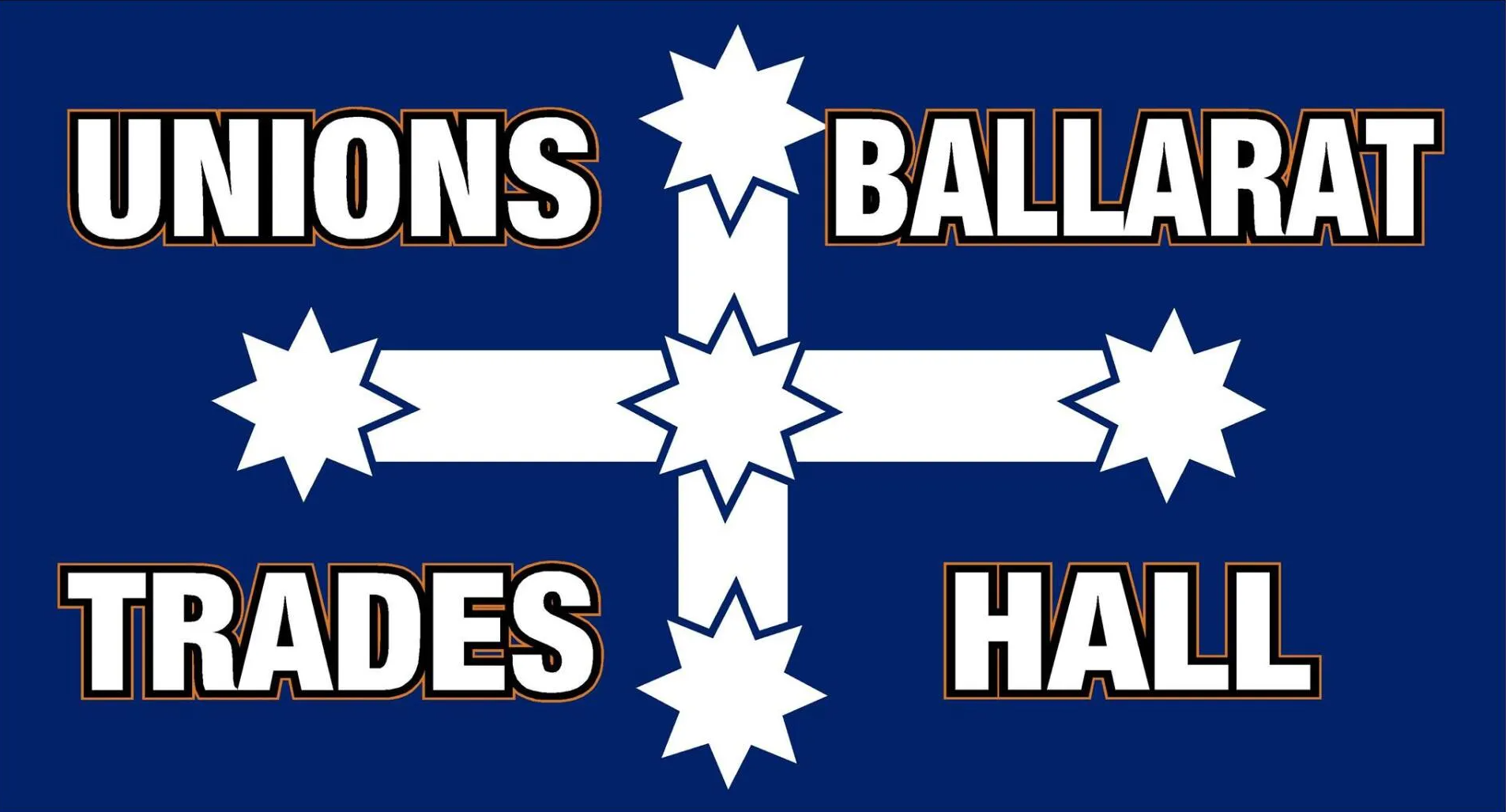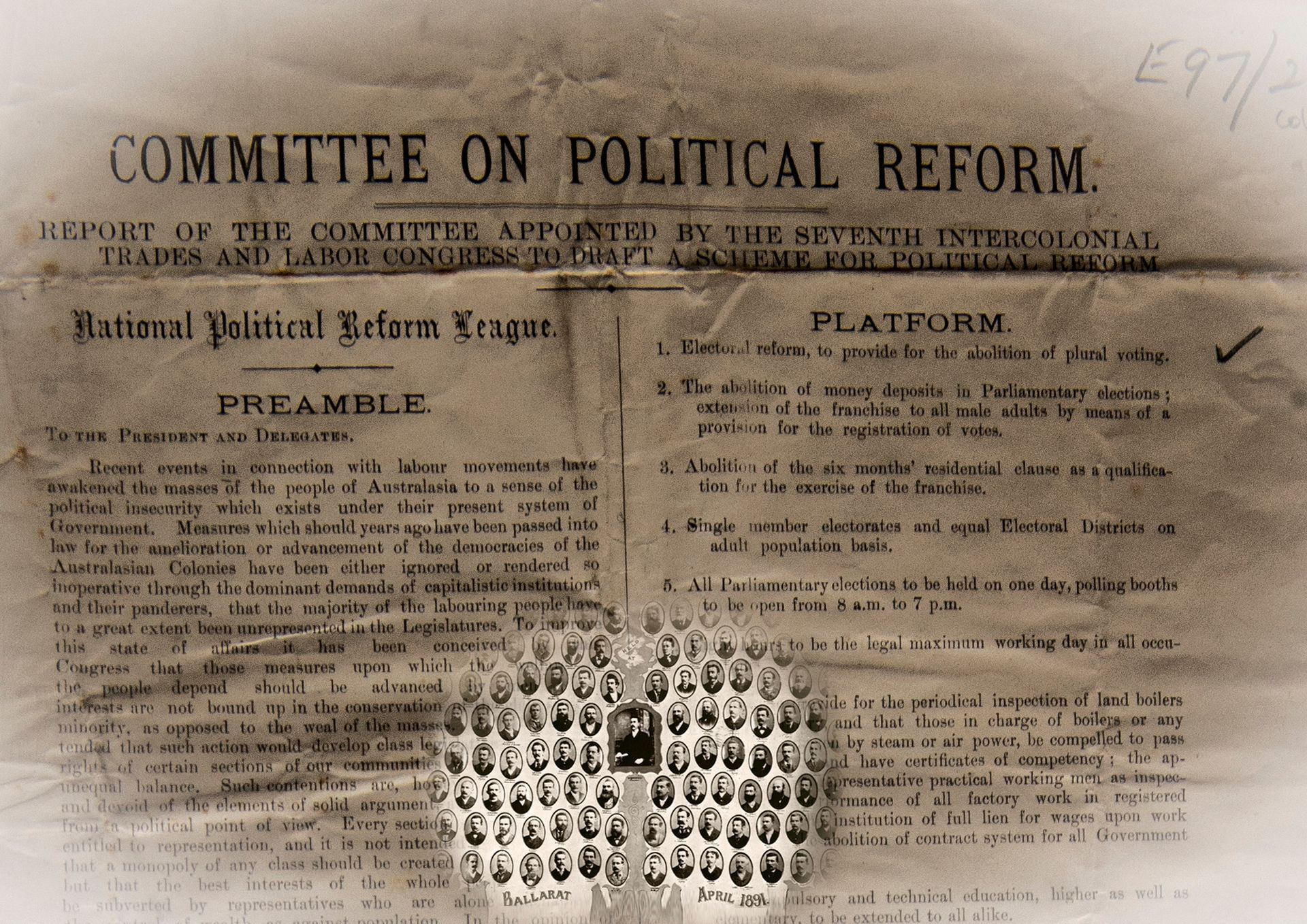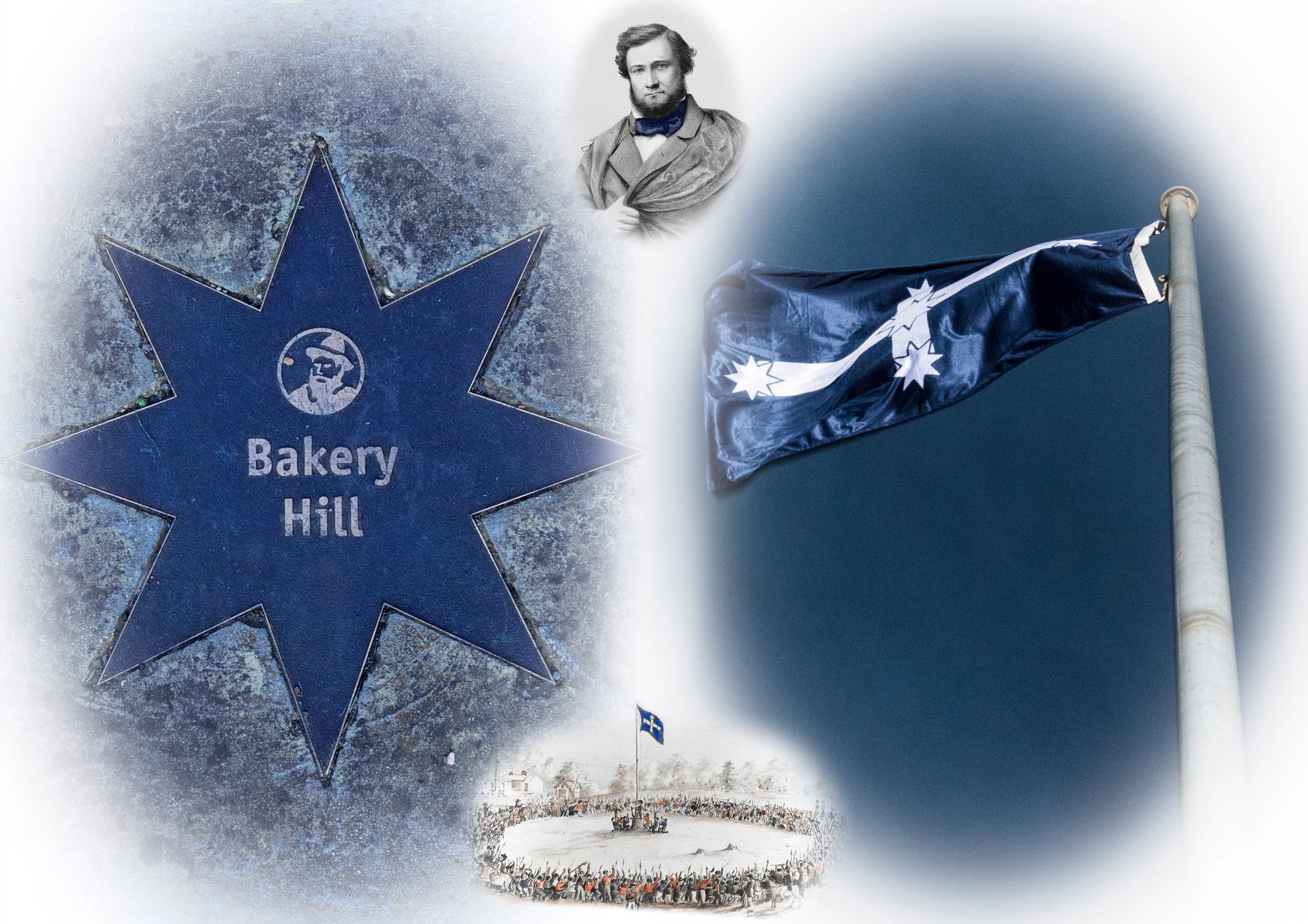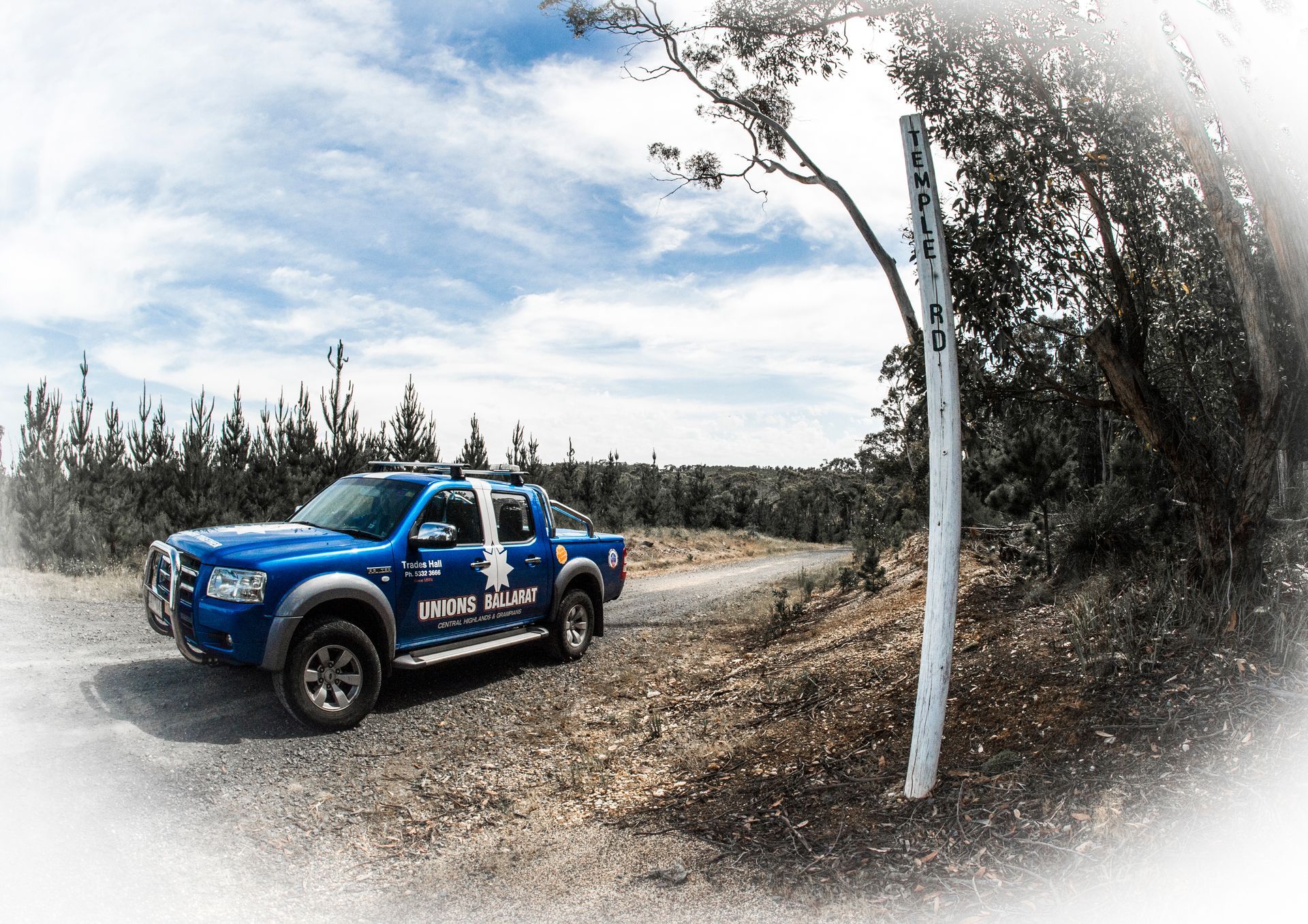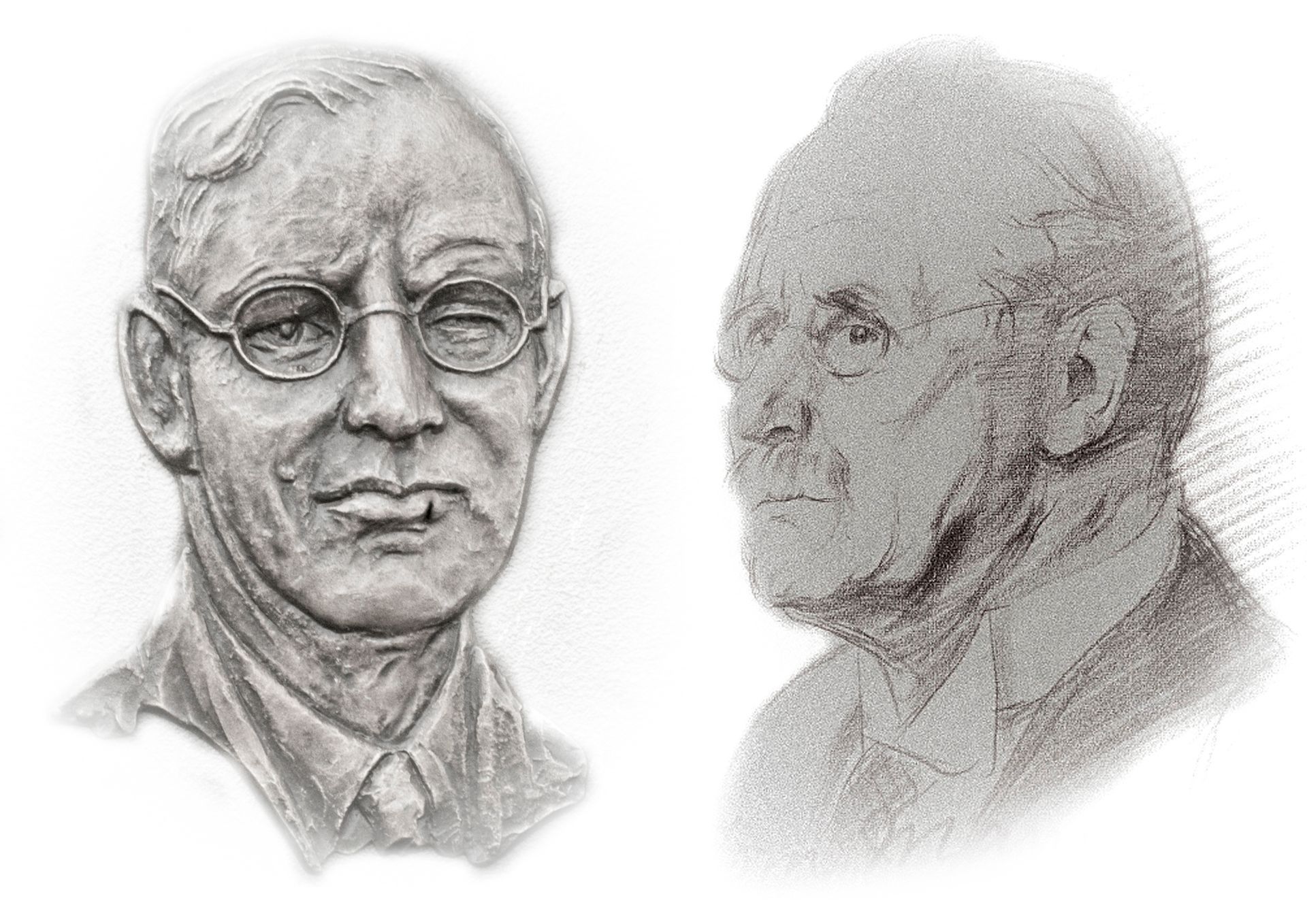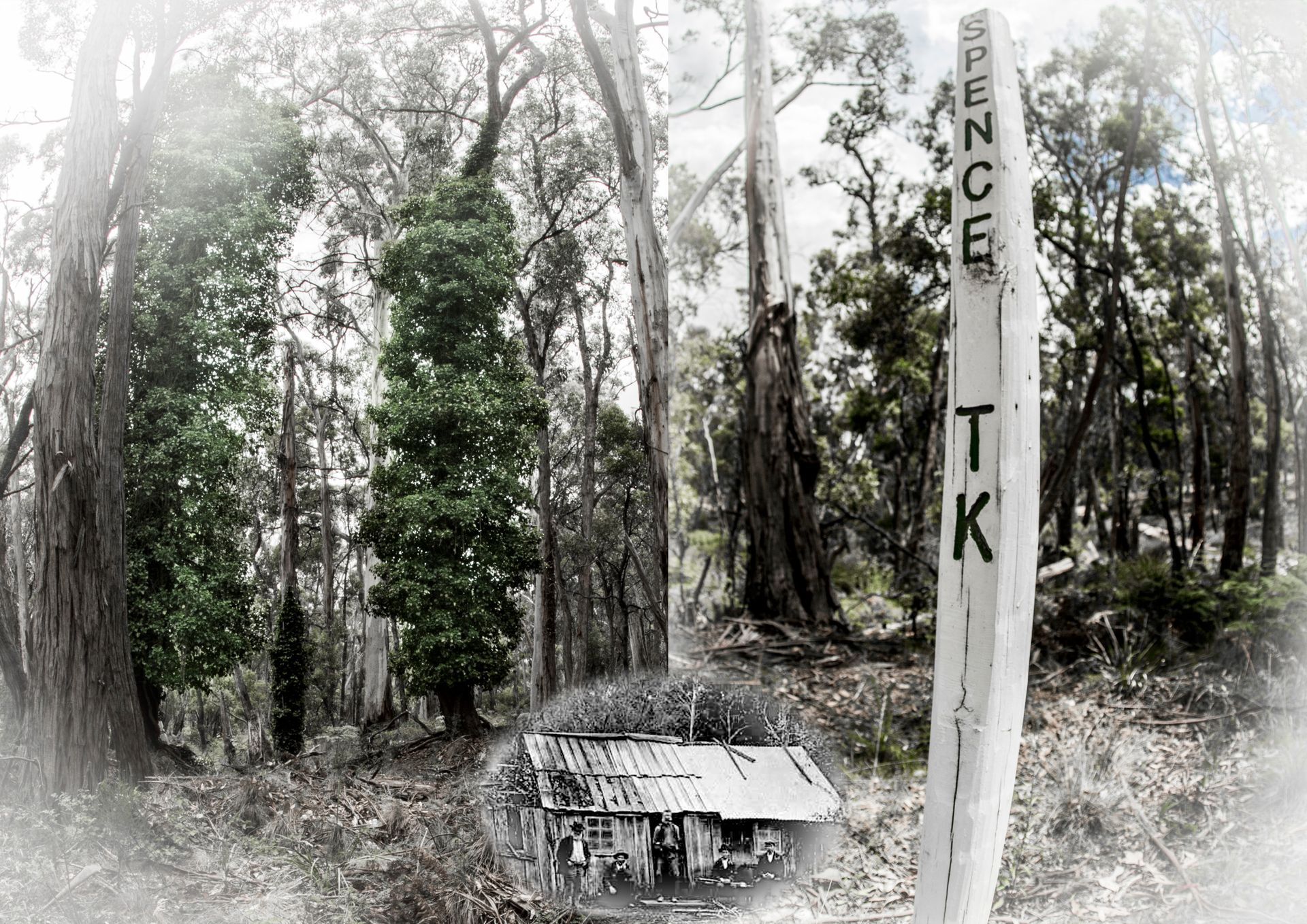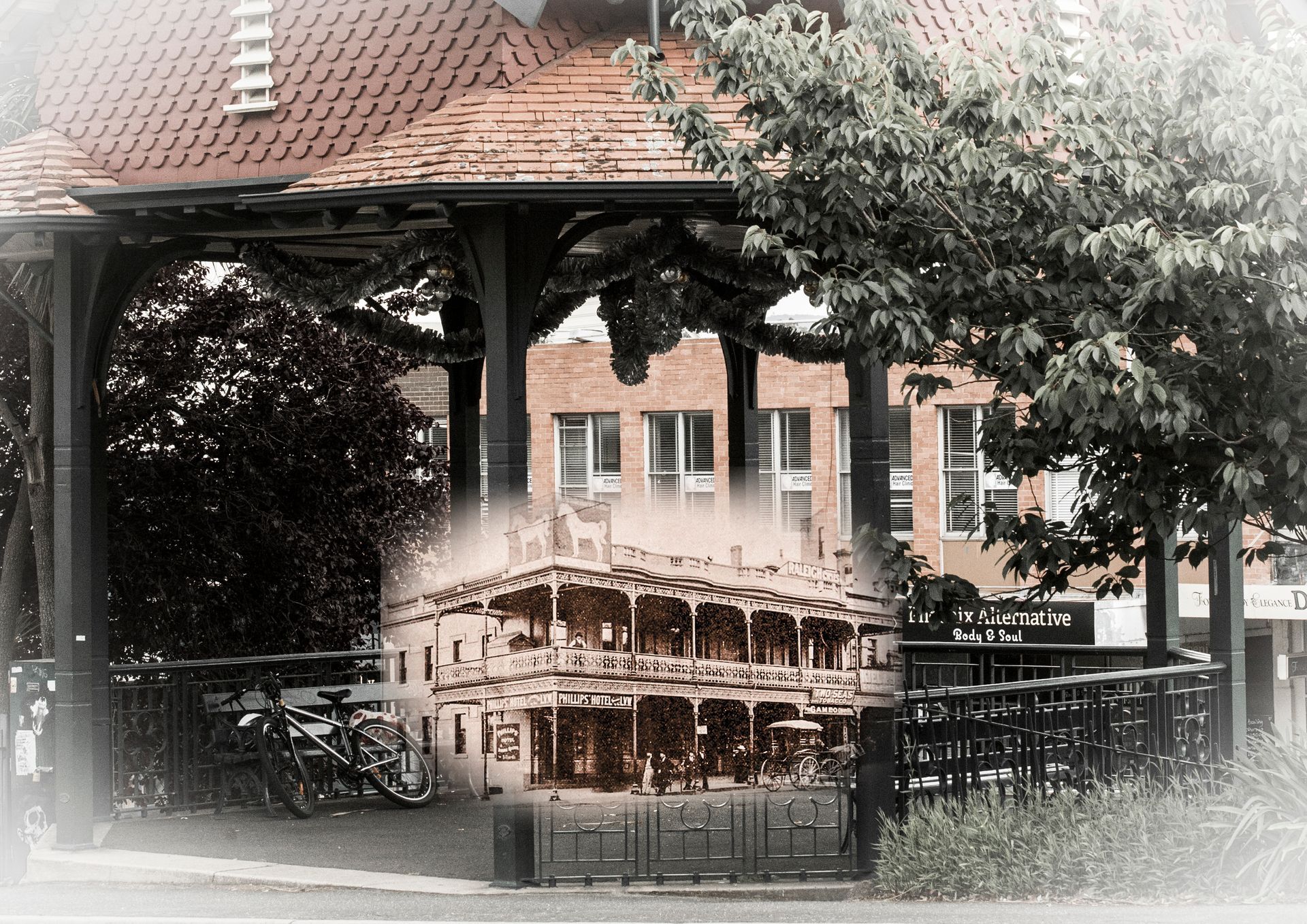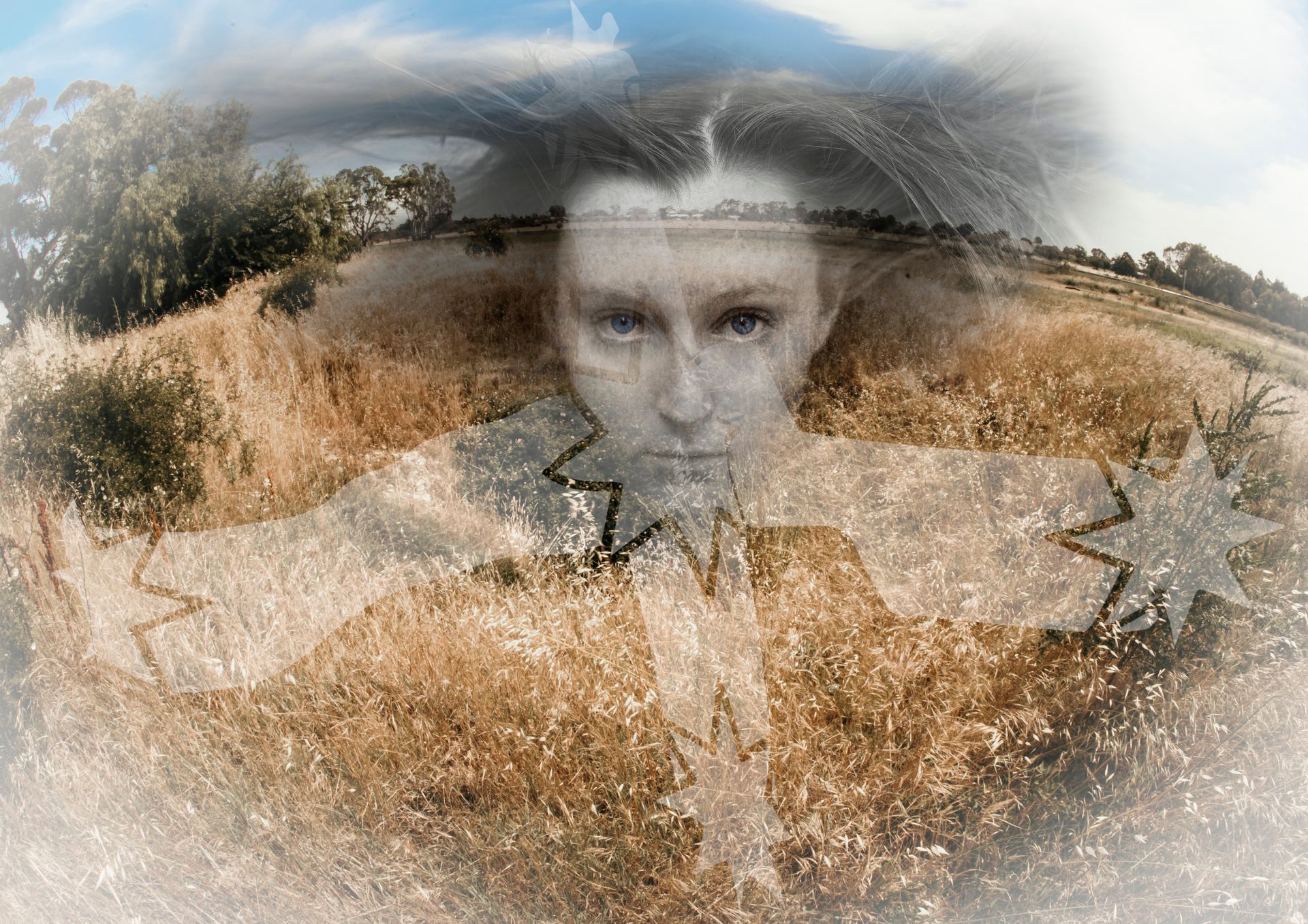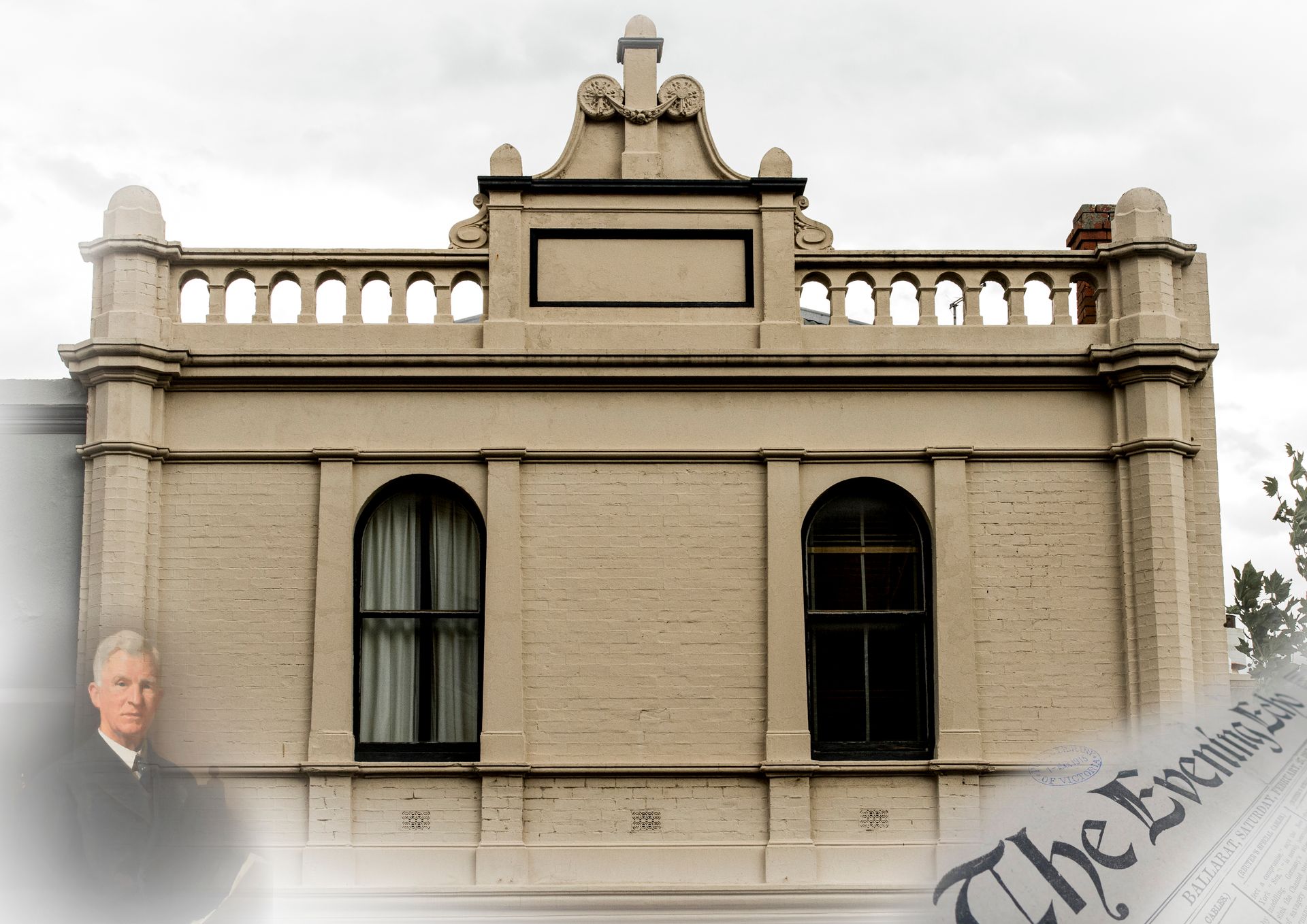Our History - the Massacre on the Eureka Lead
Sunday 3rd December 1854 - the Attack and Massacre
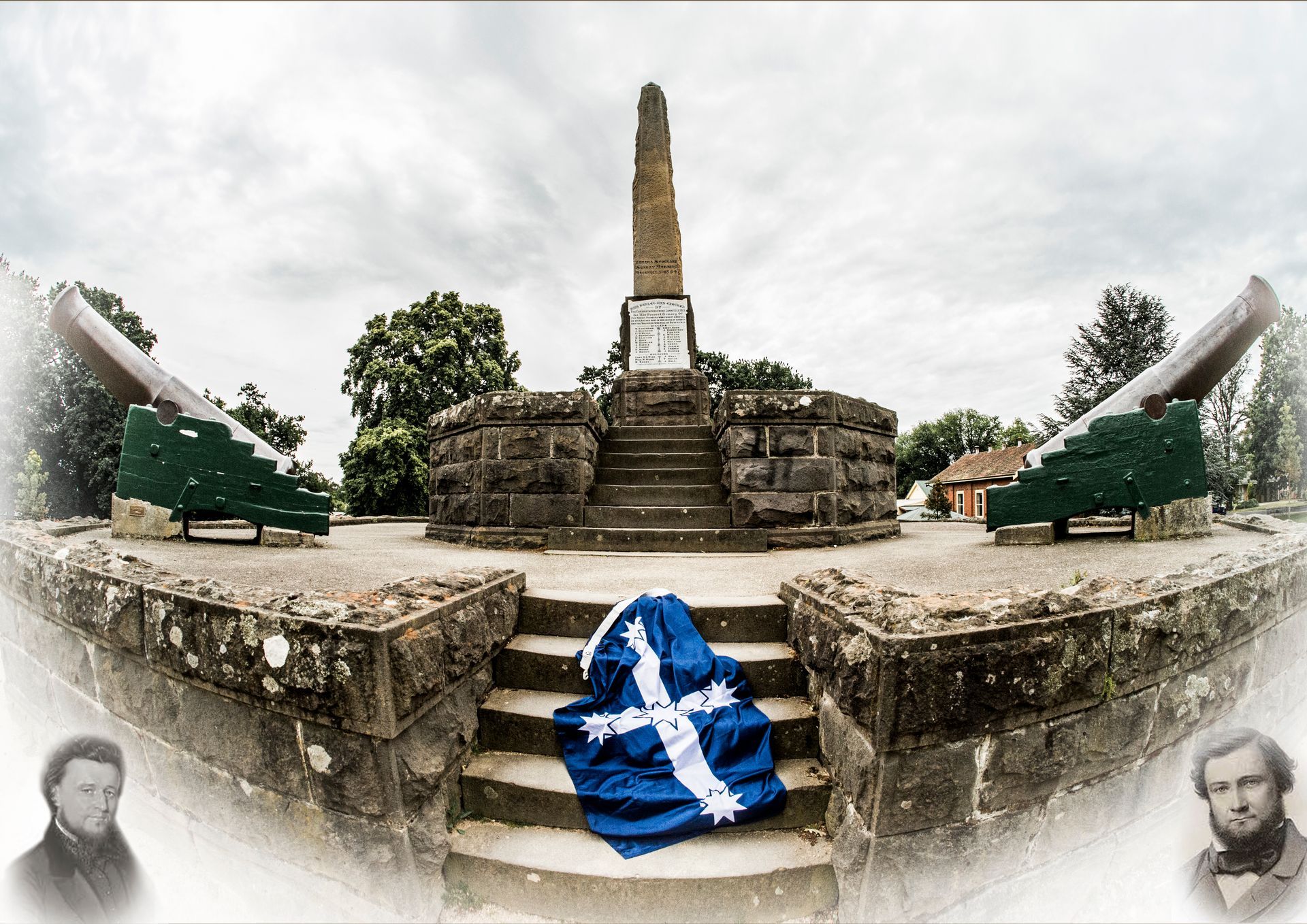
In the words of Mark Twain, “It was a revolution—small in size; but great politically; it was a strike for liberty, a struggle for principle, a stand against injustice and oppression … It is another instance of a victory won by a lost battle.” In the early hours of Sunday morning 3 December 1854, a stockade erected on the Eureka Lead by diggers, anxious to escape the violence and harassment of ‘licence hunts’ conducted by the goldfields ‘troopers,’ was attacked by a large force of Her Majesty’s heavily armed soldiers and police. Being Sunday morning, the diggers who had not expected the attack, were small in number and ill prepared. Officially 22 Diggers and five troopers died but we know that the death toll was much higher – perhaps in excess of 60.
Charles Evans' diary describes a funeral for a woman who was mercilessly butchered by a mounted trooper while pleading for the life of her husband during the Eureka massacre. Her name and the fate and identity of her husband remain unknown. Her death, and the death of many others, was not recorded in the official figures.
